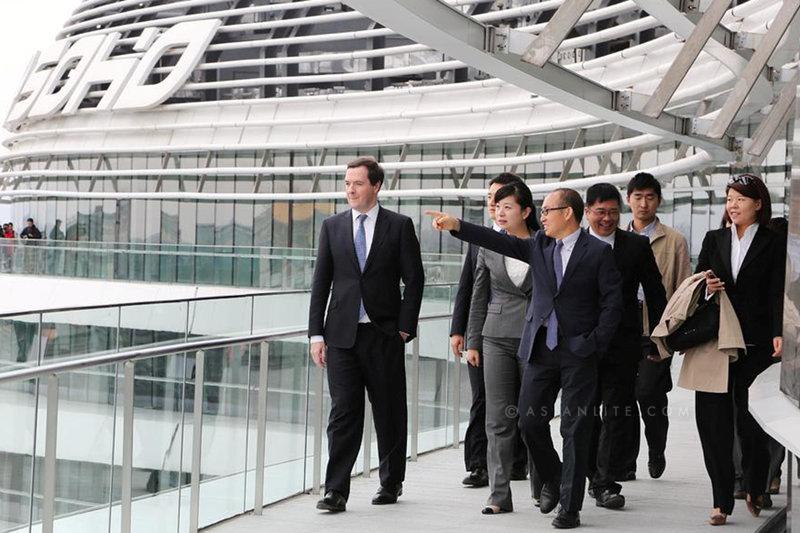A high-speed rail link between Manchester and Leeds could help to create a “northern global powerhouse”, Chancellor George Osborne has said.
 He told the BBC better road and rail links would allow cities across northern England from Liverpool to Hull “to take on the world”, as London did.
He told the BBC better road and rail links would allow cities across northern England from Liverpool to Hull “to take on the world”, as London did.
The chancellor said the plan could cost up to £7bn – but could be cheaper if existing rail lines were updated.
Labour said “nobody” believed the Tories could deliver jobs in the north.
Mr Osborne told BBC Radio 4’s Today programme – before a speech in Manchester – that the cities in the North of England were individually strong but were “collectively not strong enough”.
He said that in the past few decades giant global cities, such as London, had emerged – and that the string of northern cities, with better transport links and careful planning, could take them on and be “greater than the sum of their parts”.
Mr Osborne said the building of the east-west link should be considered as part of a review into the second phase of the £50bn HS2 high-speed rail project.
The current plan for the first phase of the project between London and Birmingham has proved controversial. Some residents are set to be disrupted and there is criticism of its price tag.
The government’s preferred route for the second phase involves extensions linking Birmingham with Manchester and Leeds – with the final route expected to be chosen by the end of this year.
Mr Osborne said in his speech that it was not “healthy for our economy, not good for our country” if “the powerhouse of London dominates more and more”.
Along with improving roads – the M62 already links Liverpool on the west coast with Hull on the east coast, via Manchester and Leeds – Mr Osborne says a new high-speed rail link should be considered, based on the existing rail route but with new tunnels and infrastructure.
The fastest rail services between Leeds and Manchester currently take about 50 minutes – already quicker than many journeys across London.
The plan would be to cut this to 30 minutes, with trains travelling at up to 140mph, compared with the current maximum of 90mph and the 225mph maximum speed for the fastest bit of HS2.